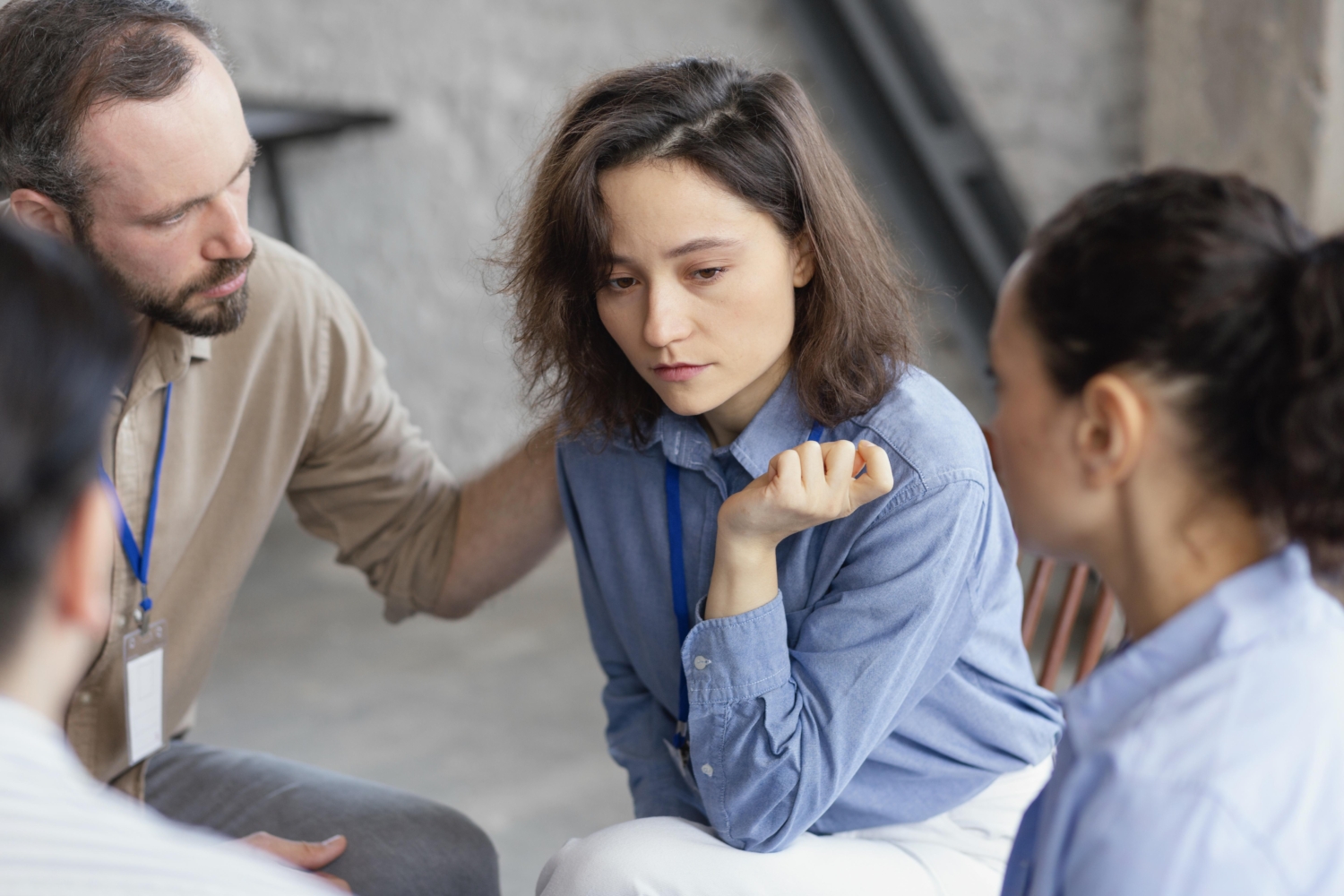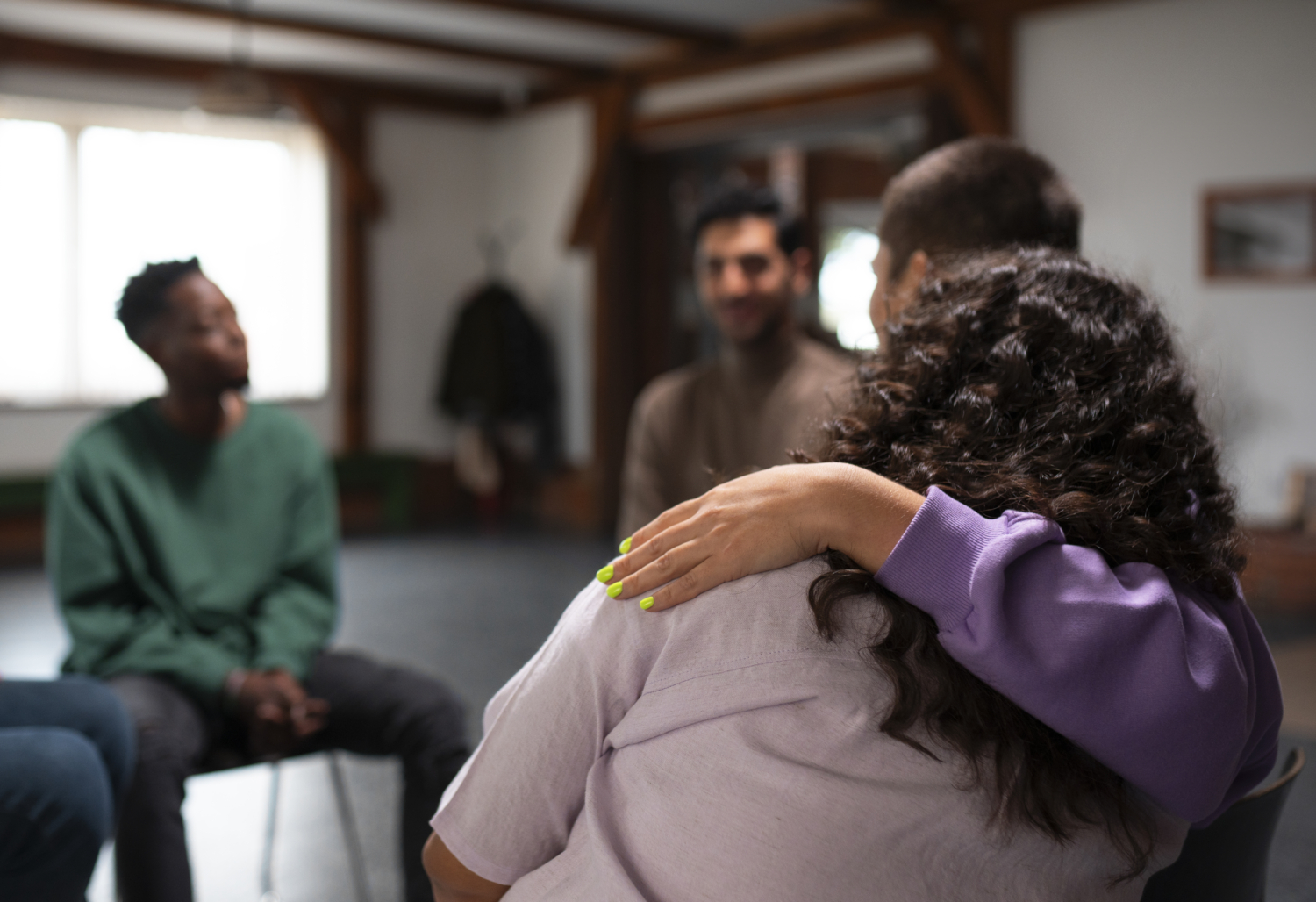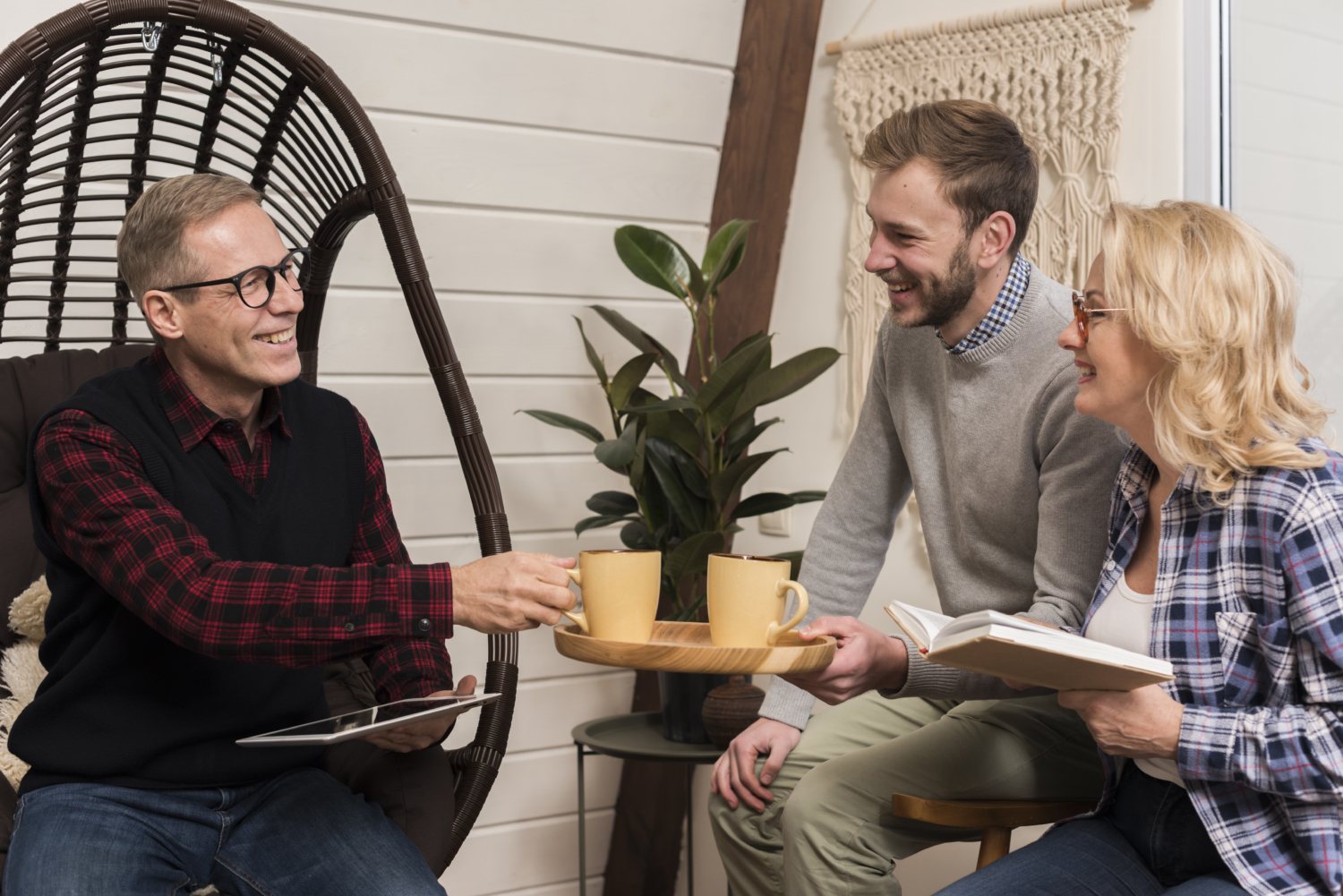In the idyllic coastal enclave of Dana Point, where the rhythm of the waves soothes the soul and the sunsets paint the sky in hues of gold and crimson, couples embark on a journey of healing and renewal. For couples struggling with addiction, finding comprehensive and compassionate treatment that addresses their unique needs and dynamics is essential for reclaiming their lives and strengthening their bond. Couples Rehab, a trusted provider of addiction treatment services, recognizes the importance of supporting couples on their path to recovery in Dana Point. In this comprehensive guide, we explore the transformative journey of addiction treatment for couples and the holistic approach offered by Couples Rehab to foster healing, growth, and lasting sobriety.
Addiction Treatment for Couples
Understanding Addiction Treatment for Couples
Addiction treatment for couplesin Orange County is a specialized approach that acknowledges the interconnectedness of substance use disorders within intimate relationships. Couples facing addiction often experience complex dynamics that can exacerbate their challenges and hinder recovery efforts. By addressing the needs of both partners simultaneously, addiction treatment for couples aims to promote mutual support, communication, and accountability while fostering individual healing and growth.
Key Components of Addiction Treatment for Couples
- Dual Diagnosis Treatment:
Couples Rehab recognizes that addiction is often intertwined with underlying mental health issues such as depression, anxiety, trauma, or co-occurring disorders. Dual diagnosis treatment addresses both substance use disorders and mental health conditions simultaneously, providing comprehensive care that promotes holistic healing and long-term recovery.
- Couples Therapy:
Couples therapy is a cornerstone of addiction treatment for couples, offering a safe and supportive space for partners to explore their relationship dynamics, communication patterns, and mutual triggers. Through evidence-based therapeutic modalities such as Emotionally Focused Therapy (EFT) or Gottman Method Couples Therapy, couples learn healthy coping strategies, improve conflict resolution skills, and rebuild trust and intimacy.
- Individual Therapy:
While couples therapy focuses on the relationship dynamics, individual therapy provides each partner with personalized support and guidance in addressing their unique challenges and goals. Individual therapy sessions allow for deeper exploration of underlying issues, trauma, and personal growth opportunities, empowering each partner to cultivate self-awareness and resilience on their journey to recovery.
- Family Involvement:
Addiction treatment for couples recognizes the importance of family involvement in the recovery process, including children, parents, and extended family members. Family therapy sessions provide education, support, and healing opportunities for all affected family members, fostering understanding, empathy, and healthy boundaries.
- Holistic Therapies:
In addition to traditional therapeutic modalities, Couples Rehab incorporates holistic therapies and wellness practices to promote overall well-being and stress reduction. Mindfulness meditation, yoga, art therapy, and nature-based activities are integrated into treatment plans to nourish the mind, body, and spirit and enhance the recovery experience.

Addiction Treatment for Couples in Dana Point by Couples Rehab
- Individualized Treatment Plans:
Couples Rehab offers personalized treatment plans tailored to the unique needs, preferences, and goals of each couple. A comprehensive assessment is conducted upon admission to identify underlying issues, strengths, and areas for growth, allowing for a customized approach that addresses the couple’s specific challenges and dynamics.
- Couples-Focused Therapy:
Couples Rehab prioritizes couples-focused therapy as a central component of addiction treatment, providing dedicated sessions to explore relationship dynamics, communication patterns, and shared goals for recovery. Couples learn practical skills and strategies to navigate triggers, conflicts, and temptations together, strengthening their bond and supporting each other’s sobriety.
- Dual Diagnosis Treatment:
Recognizing the interplay between substance use disorders and mental health issues, Couples Rehab offers dual diagnosis treatment to address co-occurring conditions effectively. Licensed clinicians provide comprehensive assessments, individualized therapy, and medication management as needed to support each partner’s mental health and overall well-being.
- Family Involvement and Support:
Couples Rehab encourages family involvement and support throughout the recovery process, offering family therapy sessions, educational workshops, and ongoing communication with loved ones. Family members receive guidance on how to best support their partners in recovery while addressing their own needs and concerns.
- Holistic Wellness Approach:
In addition to traditional therapy modalities, Couples Rehab incorporates holistic wellness practices to enhance the overall well-being of couples. From mindfulness meditation and yoga to outdoor activities and nutrition counseling, couples engage in activities that promote relaxation, stress reduction, and physical health, fostering a sense of balance and vitality in recovery.
Take the First Step
In the tranquil coastal enclave of Dana Point, couples find hope, healing, and renewal through addiction treatment tailored to their unique needs and dynamics. Couples Rehab, with its compassionate and comprehensive approach to addiction treatment, offers couples in Dana Point the support, guidance, and tools they need to overcome addiction and rebuild their lives together. By addressing underlying issues, strengthening communication, and fostering mutual support, Couples Rehab empowers couples to embark on a journey of recovery, growth, and lasting sobriety. Contact Couples Rehab to be your partner in healing and transformation, as you navigate the path to a healthier, happier, and more connected life together in Dana Point.
FAQ’s
1. What is addiction treatment for couples, and how does it work?
Addiction treatment for couples is a specialized program designed to help couples overcome substance abuse issues together. These programs typically involve individual and couples therapy, support groups, and tailored treatment plans to address each partner’s unique needs while fostering mutual support and recovery.
2. What are the benefits of seeking addiction treatment as a couple?
Seeking addiction treatment as a couple offers several benefits, including strengthened communication, enhanced accountability, and mutual encouragement throughout the recovery journey. Couples can also address relationship dynamics and codependency issues that may contribute to substance abuse.
3. What types of addiction are treated in couples rehab programs?
Couples rehab programs address various types of addiction, including alcoholism, drug addiction, prescription medication misuse, and behavioral addictions such as gambling or sex addiction. Treatment plans are customized to meet the specific needs and challenges of each couple.
4. Can couples rehab programs accommodate LGBTQ+ couples?
Yes, reputable couples rehab programs prioritize inclusivity and provide supportive environments for LGBTQ+ couples seeking addiction treatment. These programs offer culturally competent care and respect individuals’ diverse identities and experiences.
5. How does couples therapy benefit the addiction treatment process?
Couples therapy plays a vital role in addiction treatment by addressing relationship dynamics, communication patterns, and underlying issues contributing to substance abuse. Through therapy, couples learn healthy coping strategies, rebuild trust, and strengthen their bond while navigating recovery together.
6. Are there specific challenges couples may face during addiction treatment?
Yes, couples may encounter unique challenges during addiction treatment, such as navigating conflicting recovery goals, managing triggers and cravings, and rebuilding trust damaged by substance abuse. However, with professional guidance and mutual commitment, couples can overcome these obstacles and grow stronger together.














